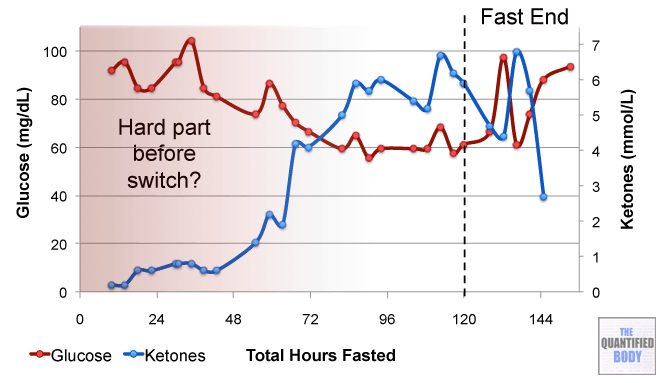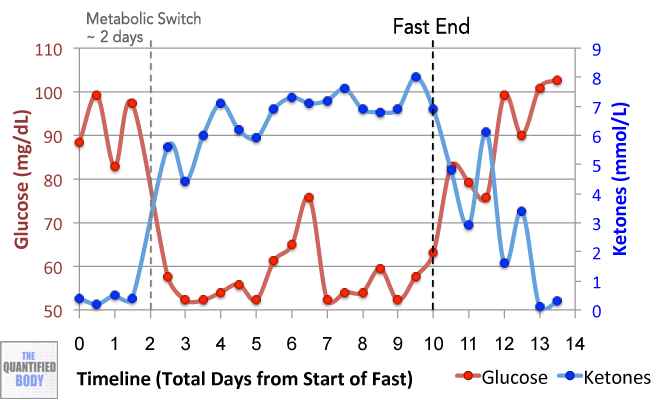Hi,
I read so many studies and articles, but I'm really confused how to eat healthy, so that I can reverse glucose intolerance. I lost a lot of weight over the past year and I'm going regularly to the gym. My questions are all diet related.
Currently there are 2 theories out there:
1.) The body has too much glucose in the blood stream. Since carbs trigger the insulin level the most and highest, I have to keep carbs away as much as possible. Eating more protein & good fats instead.
2.) Problem are not carbs. It's fat in muscle cells, which are blocking insulin hormones. To solve that problem, I have to eat complex carbs and proteins, but minimize fat (especially saturated fat) as much as possible.
What do you think? Theory 1? Theory 2? A combination of both of them?
I read so many studies and articles, but I'm really confused how to eat healthy, so that I can reverse glucose intolerance. I lost a lot of weight over the past year and I'm going regularly to the gym. My questions are all diet related.
Currently there are 2 theories out there:
1.) The body has too much glucose in the blood stream. Since carbs trigger the insulin level the most and highest, I have to keep carbs away as much as possible. Eating more protein & good fats instead.
2.) Problem are not carbs. It's fat in muscle cells, which are blocking insulin hormones. To solve that problem, I have to eat complex carbs and proteins, but minimize fat (especially saturated fat) as much as possible.
What do you think? Theory 1? Theory 2? A combination of both of them?


